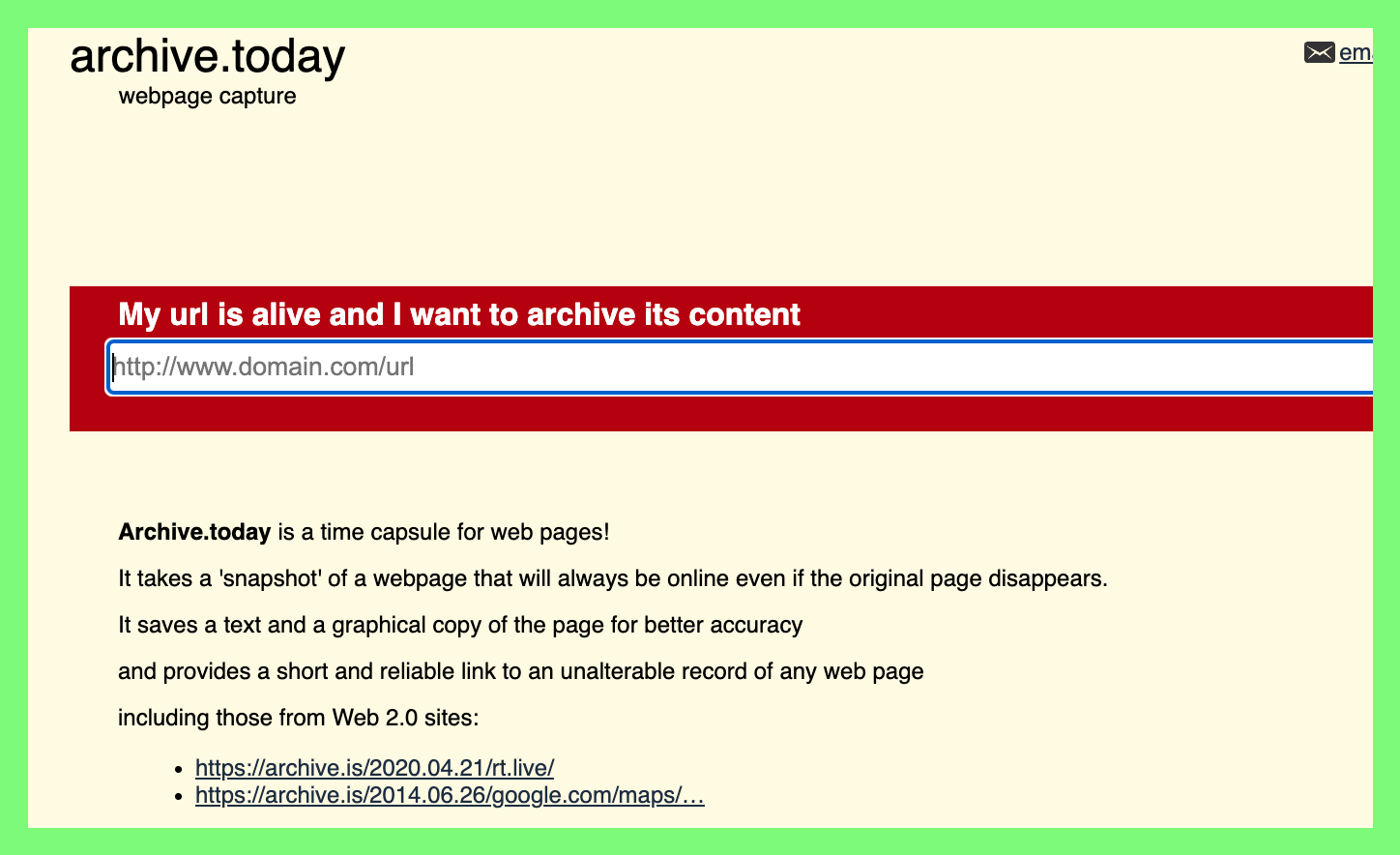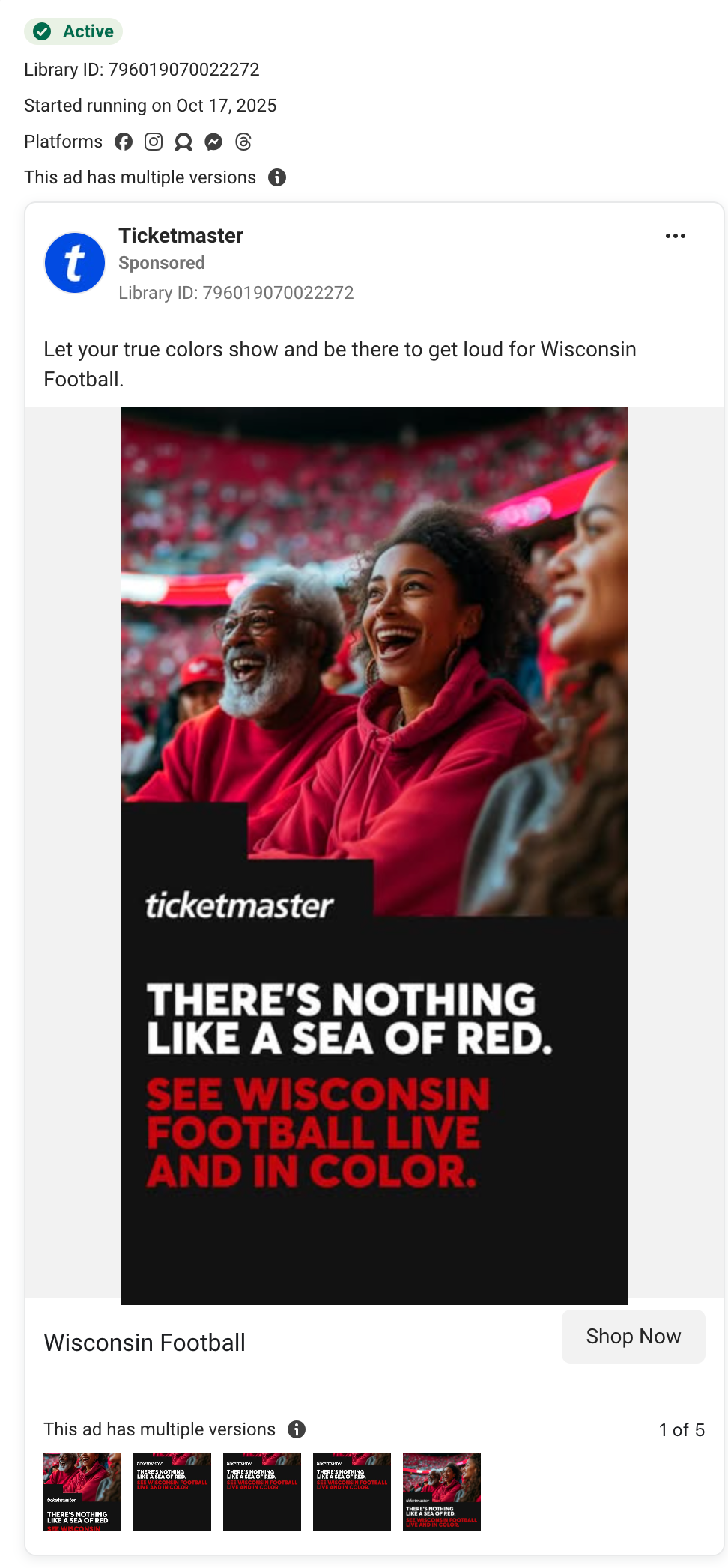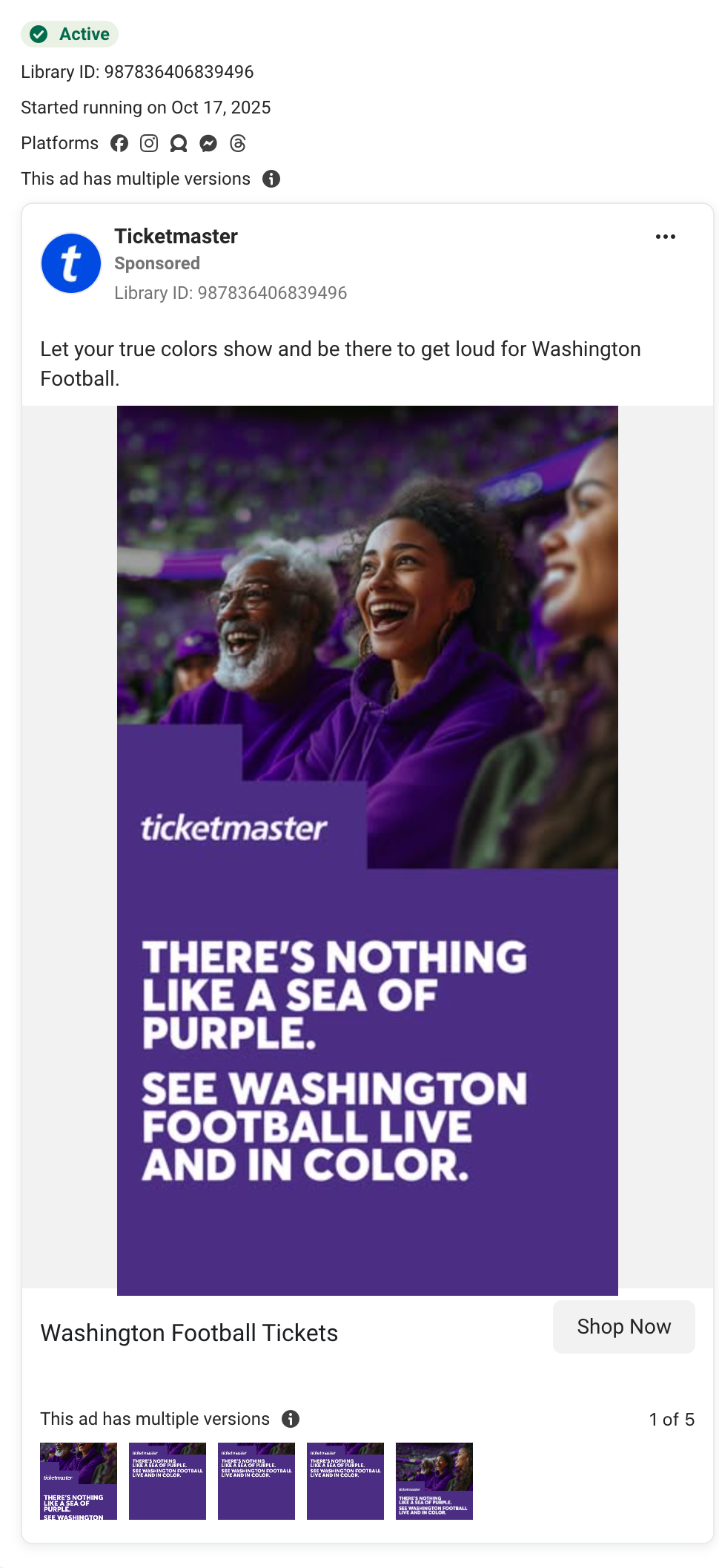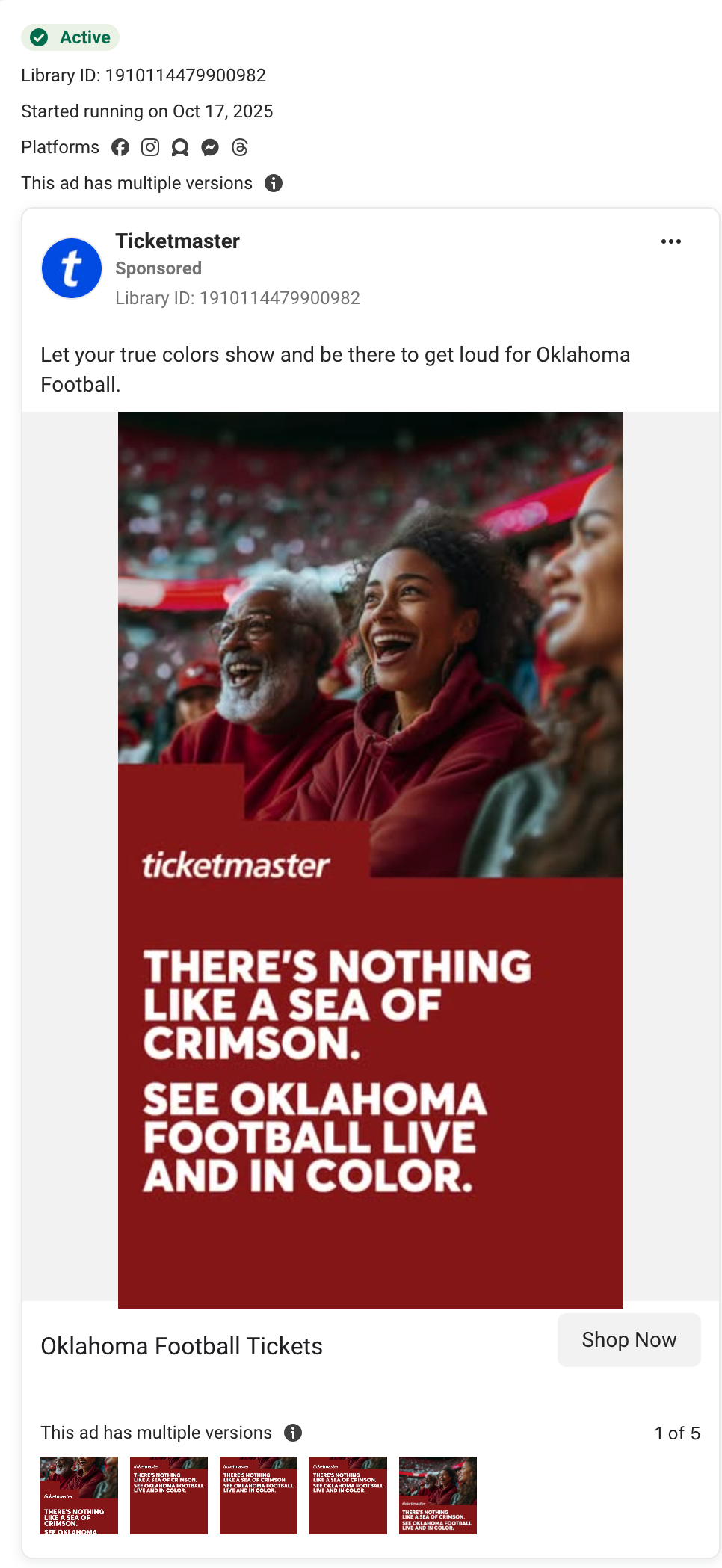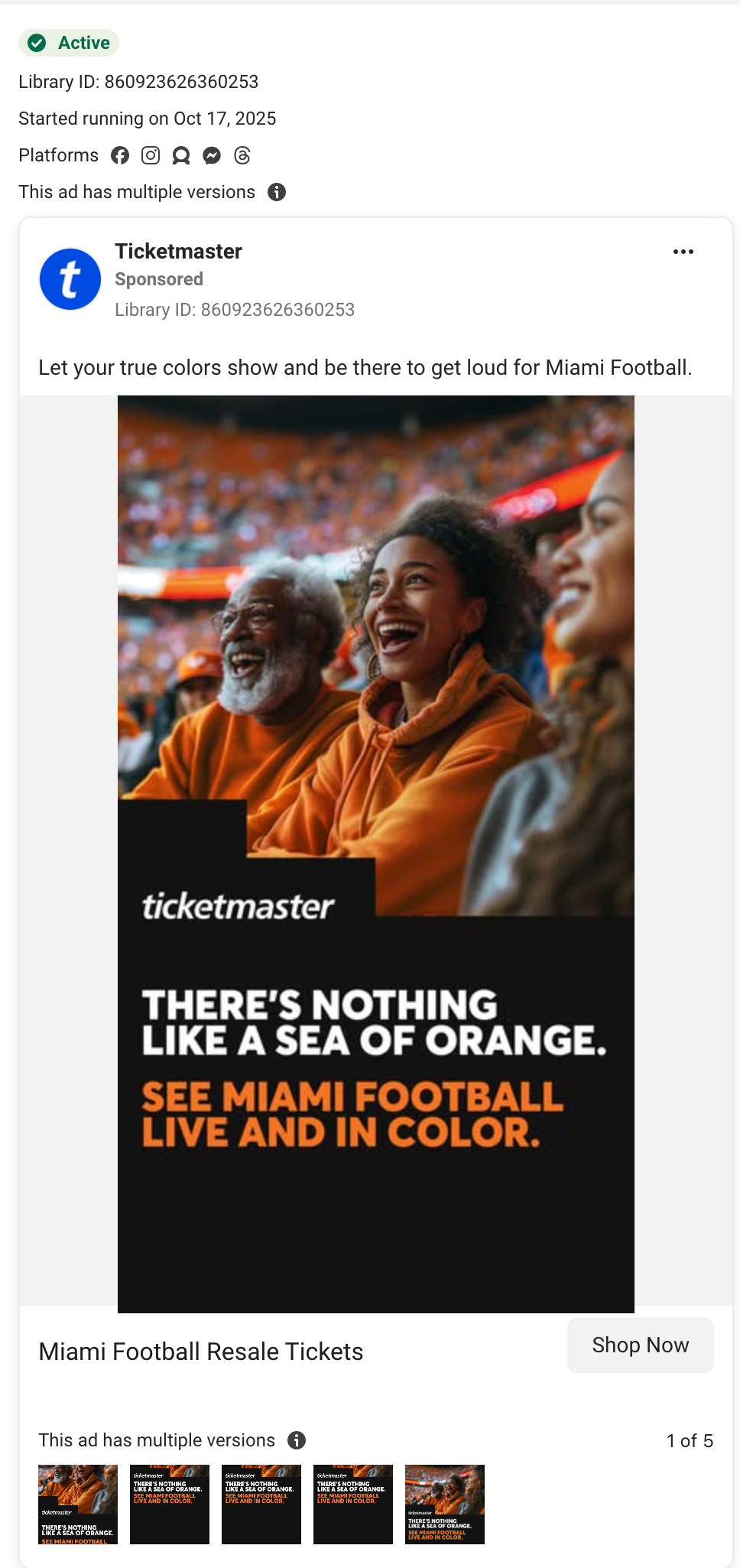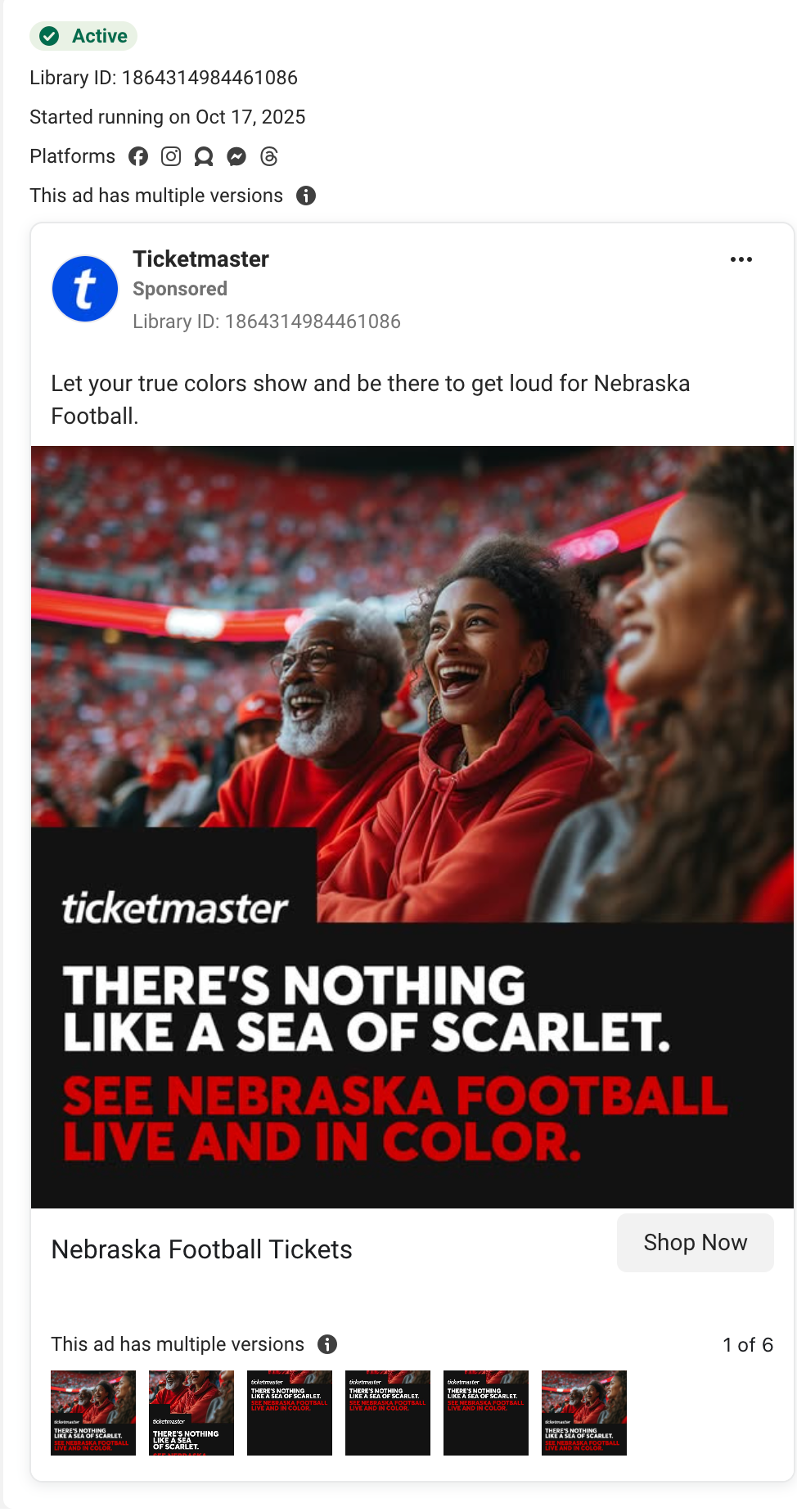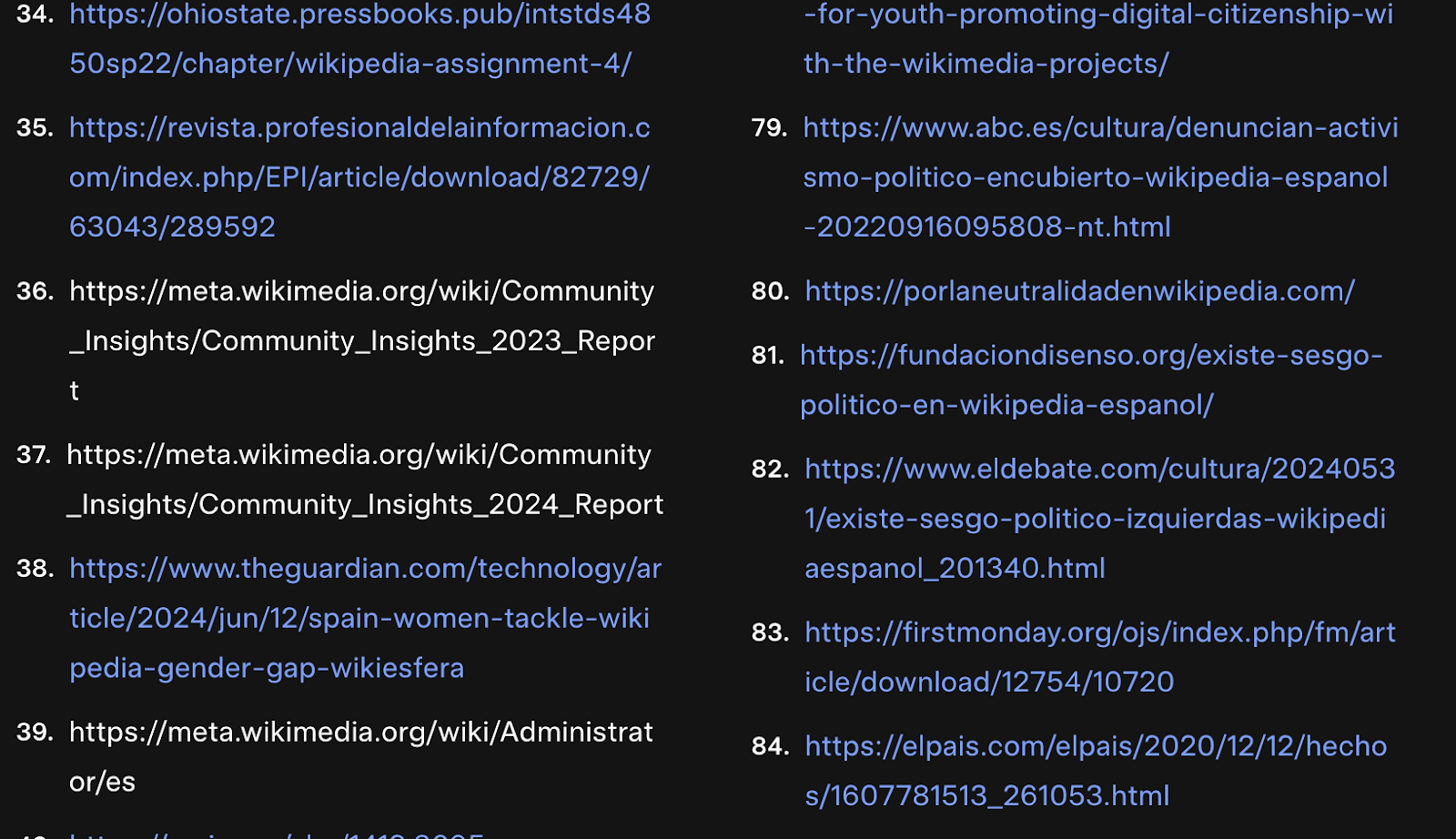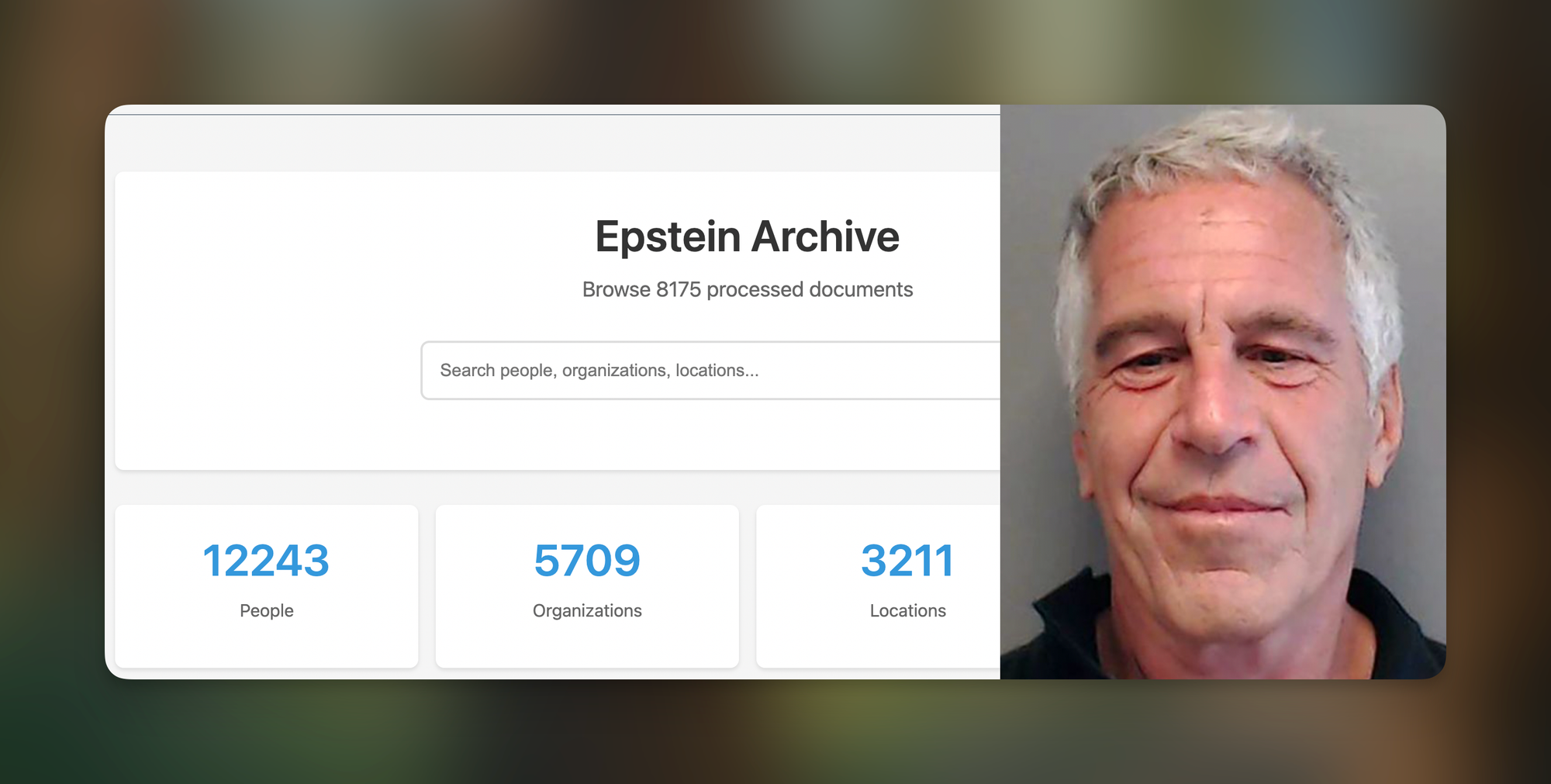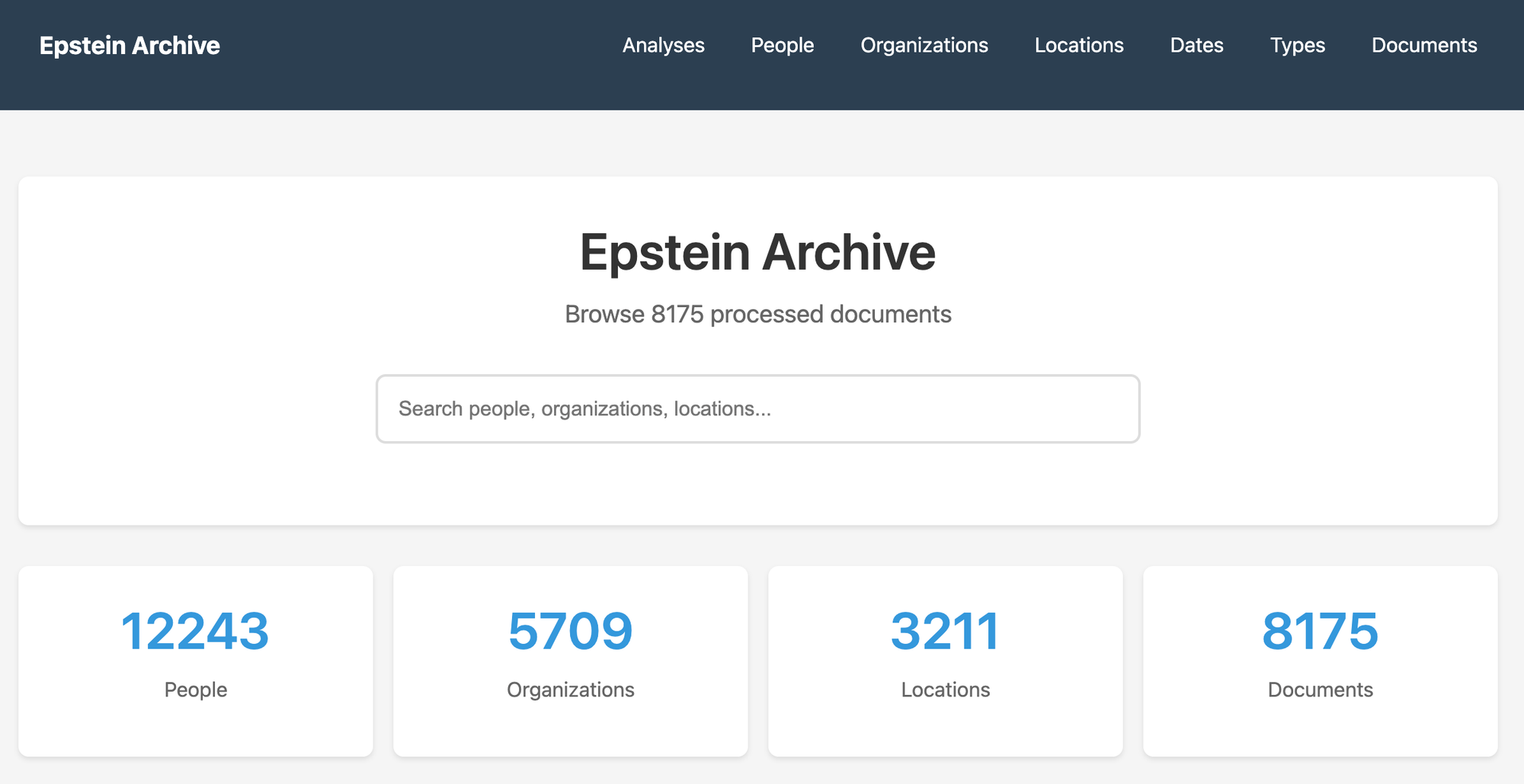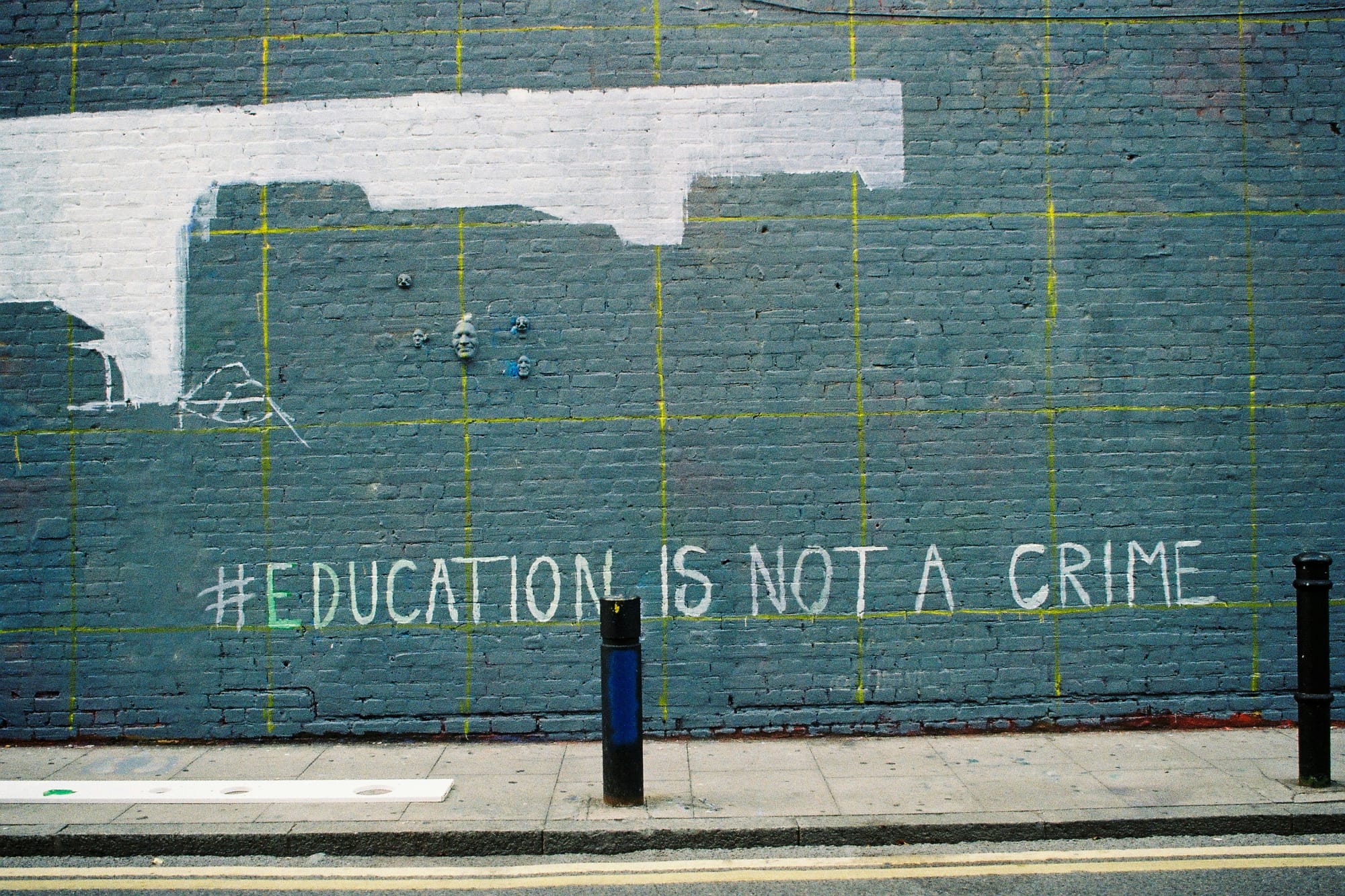
This story was reported with support from the MuckRock Foundation.
Last month, a company called the Children’s Literature Comprehensive Database announced a new version of a product called Class-Shelf Plus. The software, which is used by school libraries to keep track of which books are in their catalog, added several new features including “AI-driven automation and contextual risk analysis,” which includes an AI-powered “sensitive material marker” and a “traffic-light risk ratings” system. The company says that it believes this software will streamline the arduous task school libraries face when trying to comply with legislation that bans certain books and curricula: “Districts using Class-Shelf Plus v3 may reduce manual review workloads by more than 80%, empowering media specialists and administrators to devote more time to instructional priorities rather than compliance checks,” it said in a press release.
In a white paper published by CLCD, it gave a “real-world example: the role of CLCD in overcoming a book ban.” The paper then describes something that does not sound like “overcoming” a book ban at all. CLCD’s software simply suggested other books “without the contested content.”
Ajay Gupte, the president of CLCD, told 404 Media the software is simply being piloted at the moment, but that it “allows districts to make the majority of their classroom collections publicly visible—supporting transparency and access—while helping them identify a small subset of titles that might require review under state guidelines.” He added that “This process is designed to assist districts in meeting legislative requirements and protect teachers and librarians from accusations of bias or non-compliance [...] It is purpose-built to help educators defend their collections with clear, data-driven evidence rather than subjective opinion.”
Librarians told 404 Media that AI library software like this is just the tip of the iceberg; they are being inundated with new pitches for AI library tech and catalogs are being flooded with AI slop books that they need to wade through. But more broadly, AI maximalism across society is supercharging the ideological war on libraries, schools, government workers, and academics.
CLCD and Class Shelf Plus is a small but instructive example of something that librarians and educators have been telling me: The boosting of artificial intelligence by big technology firms, big financial firms, and government agencies is not separate from book bans, educational censorship efforts, and the war on education, libraries, and government workers being pushed by groups like the Heritage Foundation and any number of MAGA groups across the United States. This long-running war on knowledge and expertise has sown the ground for the narratives widely used by AI companies and the CEOs adopting it. Human labor, inquiry, creativity, and expertise is spurned in the name of “efficiency.” With AI, there is no need for human expertise because anything can be learned, approximated, or created in seconds. And with AI, there is less room for nuance in things like classifying or tagging books to comply with laws; an LLM or a machine algorithm can decide whether content is “sensitive.”
“I see something like this, and it’s presented as very value neutral, like, ‘Here’s something that is going to make life easier for you because you have all these books you need to review,’” Jaime Taylor, discovery & resource management systems coordinator for the W.E.B. Du Bois Library at the University of Massachusetts told me in a phone call. “And I look at this and immediately I am seeing a tool that’s going to be used for censorship because this large language model is ingesting all the titles you have, evaluating them somehow, and then it might spit out an inaccurate evaluation. Or it might spit out an accurate evaluation and then a strapped-for-time librarian or teacher will take whatever it spits out and weed their collections based on it. It’s going to be used to remove books from collections that are about queerness or sexuality or race or history. But institutions are going to buy this product because they have a mandate from state legislatures to do this, or maybe they want to do this, right?”
The resurgent war on knowledge, academics, expertise, and critical thinking that AI is currently supercharging has its roots in the hugely successful recent war on “critical race theory,” “diversity equity and inclusion,” and LGBTQ+ rights that painted librarians, teachers, scientists, and public workers as untrustworthy. This has played out across the board, with a seemingly endless number of ways in which the AI boom directly intersects with the right’s war on libraries, schools, academics, and government workers. There are DOGE’s mass layoffs of “woke” government workers, and the plan to replace them with AI agents and supposed AI-powered efficiencies. There are “parents rights” groups that pushed to ban books and curricula that deal with the teaching of slavery, systemic racism, and LGBTQ+ issues and attempted to replace them with homogenous curricula and “approved” books that teach one specific type of American history and American values; and there are the AI tools that have been altered to not be “woke” and to reenforce the types of things the administration wants you to think. Many teachers feel they are not allowed to teach about slavery or racism and increasingly spend their days grading student essays that were actually written by robots.
“One thing that I try to make clear any time I talk about book bans is that it’s not about the books, it’s about deputizing bigots to do the ugly work of defunding all of our public institutions of learning,” Maggie Tokuda-Hall, a cofounder of Authors Against Book Bans, told me. “The current proliferation of AI that we see particularly in the library and education spaces would not be possible at the speed and scale that is happening without the precedent of book bans leading into it. They are very comfortable bedfellows because once you have created a culture in which all expertise is denigrated and removed from the equation and considered nonessential, you create the circumstances in which AI can flourish.”
Justin, a cohost of the podcast librarypunk, told me that the project of offloading cognitive capacity to AI continues apace: “Part of a fascist project to offload the work of thinking, especially the reflective kind of thinking that reading, study, and community engagement provide,” Justin said. “That kind of thinking cultivates empathy and challenges your assumptions. It's also something you have to practice. If we can offload that cognitive work, it's far too easy to become reflexive and hateful, while having a robot cheerleader telling you that you were right about everything all along.”
These two forces—the war on libraries, classrooms, and academics and AI boosterism—are not working in a vacuum. The Heritage Foundation’s right-wing agenda for remaking the federal government, Project 2025, talks about criminalizing teachers and librarians who “poison our own children” and pushing artificial intelligence into every corner of the government for data analysis and “waste, fraud, and abuse” detection.
Librarians, teachers, and government workers have had to spend an increasing amount of their time and emotional bandwidth defending the work that they do, fighting against censorship efforts and dealing with the associated stress, harassment, and threats that come from fighting educational censorship. Meanwhile, they are separately dealing with an onslaught of AI slop and the top-down mandated AI-ification of their jobs; there are simply fewer and fewer hours to do what they actually want to be doing, which is helping patrons and students.
“The last five years of library work, of public service work has been a nightmare, with ongoing harassment and censorship efforts that you’re either experiencing directly or that you’re hearing from your other colleagues,” Alison Macrina, executive director of Library Freedom Project, told me in a phone interview. “And then in the last year-and-a-half or so, you add to it this enormous push for the AIfication of your library, and the enormous demands on your time. Now you have these already overworked public servants who are being expected to do even more because there’s an expectation to use AI, or that AI will do it for you. But they’re dealing with things like the influx of AI-generated books and other materials that are being pushed by vendors.”
The future being pushed by both AI boosters and educational censors is one where access to information is tightly controlled. Children will not be allowed to read certain books or learn certain narratives. “Research” will be performed only through one of a select few artificial intelligence tools owned by AI giants which are uniformly aligned behind the Trump administration and which have gone to the ends of the earth to prevent their black box machines from spitting out “woke” answers lest they catch the ire of the administration. School boards and library boards, forced to comply with increasingly restrictive laws, funding cuts, and the threat of being defunded entirely, leap at the chance to be considered forward looking by embracing AI tools, or apply for grants from government groups like the Institute of Museum and Library Services (IMLS), which is increasingly giving out grants specifically to AI projects.
We previously reported that the ebook service Hoopla, used by many libraries, has been flooded with AI-generated books (the company has said it is trying to cull these from its catalog). In a recent survey of librarians, Macrina’s organization found that librarians are getting inundated with pitches from AI companies and are being pushed by their superiors to adopt AI: “People in the survey results kept talking about, like, I get 10 aggressive, pushy emails a day from vendors demanding that I implement their new AI product or try it, jump on a call. I mean, the burdens have become so much, I don’t even know how to summarize them.”
“Fascism and AI, whether or not they have the same goals, they sure are working to accelerate one another"
Macrina said that in response to Library Freedom Project’s recent survey, librarians said that misinformation and disinformation was their biggest concern. This came not just in the form of book bans and censorship but also in efforts to proactively put disinformation and right-wing talking points into libraries: “It’s not just about book bans, and library board takeovers, and the existing reactionary attacks on libraries. It’s also the effort to push more far-right material into libraries,” she said. “And then you have librarians who are experiencing a real existential crisis because they are getting asked by their jobs to promote [AI] tools that produce more misinformation. It's the most, like, emperor-has-no-clothes-type situation that I have ever witnessed.”
Each person I spoke to for this article told me they could talk about the right-wing project to erode trust in expertise, and the way AI has amplified this effort, for hours. In writing this article, I realized that I could endlessly tie much of our reporting on attacks on civil society and human knowledge to the force multiplier that is AI and the AI maximalist political and economic project. One need look no further than Grokipedia as one of the many recent reminders of this effort—a project by the world’s richest man and perhaps its most powerful right-wing political figure to replace a crowdsourced, meticulously edited fount of human knowledge with a robotic imitation built to further his political project.
Much of what we write about touches on this: The plan to replace government workers with AI, the general erosion of truth on social media, the rise of AI slop that “feels” true because it reinforces a particular political narrative but is not true, the fact that teachers feel like they are forced to allow their students to use AI. Justin, from librarypunk, said AI has given people “absolute impunity to ignore reality […] AI is a direct attack on the way we verify information: AI both creates fake sources and obscures its actual sources.”
That is the opposite of what librarians do, and teachers do, and scientists do, and experts do. But the political project to devalue the work these professionals do, and the incredible amount of money invested in pushing AI as a replacement for that human expertise, have worked in tandem to create a horrible situation for all of us.
“AI is an agreement machine, which is anathema to learning and critical thinking,” Tokuda-Hall said. Previously we have had experts like librarians and teachers to help them do these things, but they have been hamstrung and they’ve been attacked and kneecapped and we’ve created a culture in which their contribution is completely erased from society, which makes something like AI seem really appealing. It’s filling that vacuum.”
“Fascism and AI, whether or not they have the same goals, they sure are working to accelerate one another,” she added.





